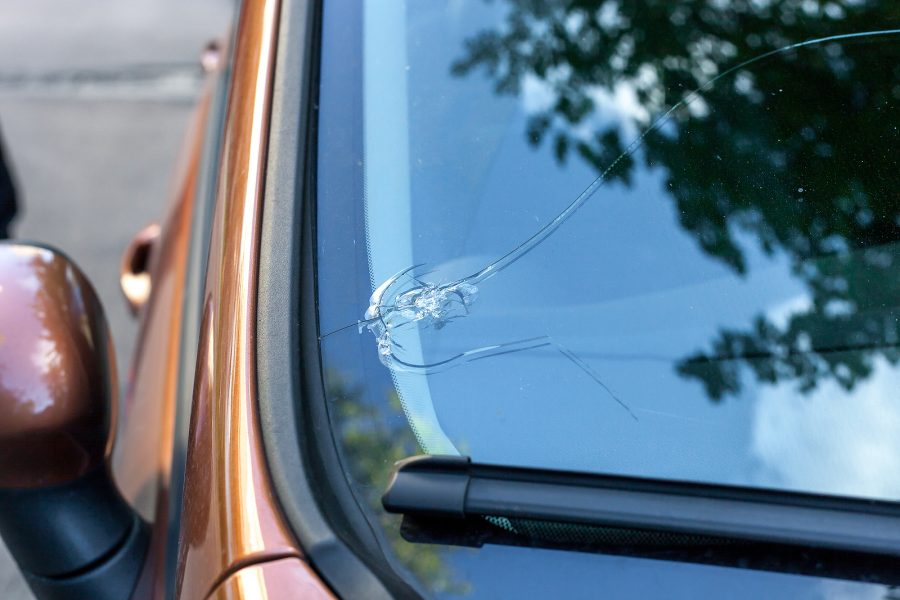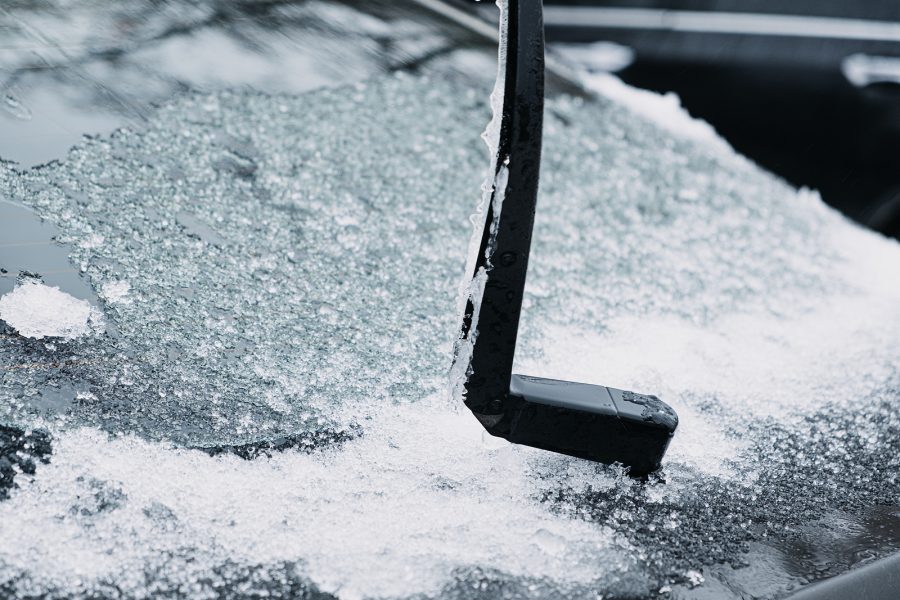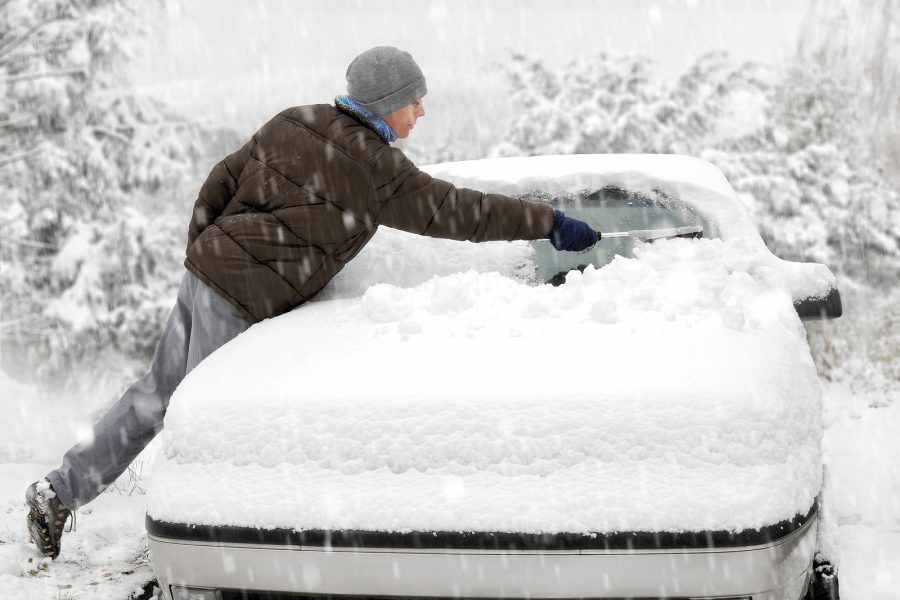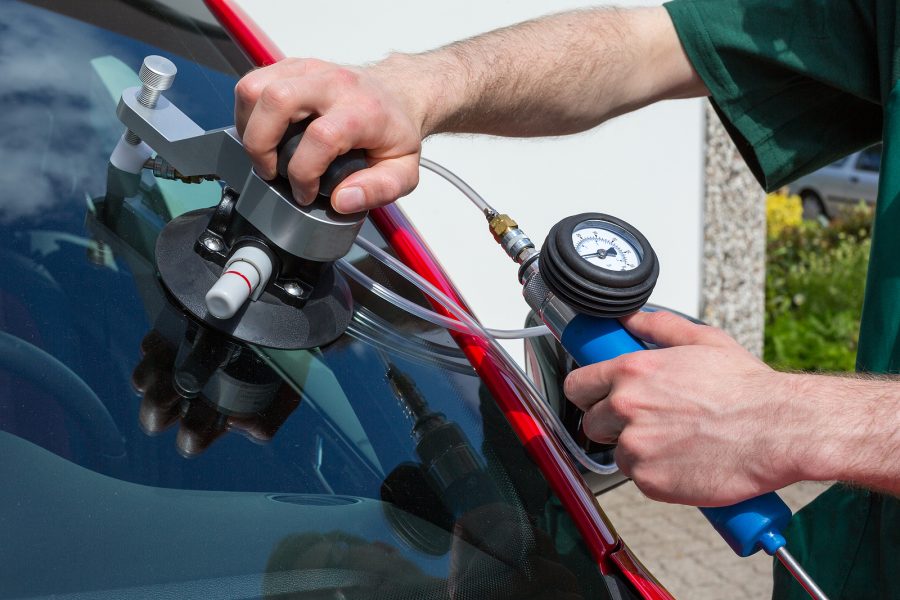This year saw an update to the Highway Code, with a number of new provisions ranging from giving pedestrians crossing a road right of way to guidance to where and how to park when using a charging point for an electric vehicle.
However, these are not the only changes this year. The Independent recently published a reminder of four new laws that have come in alongside the Highway Code.
These are the complete ban on any kind of mobile phone use in a car, tightening up the existing law, the introduction of requirements to pay for entering Low Emission Zones that now exist in London and some other cities, and the fitting of speed limiters.
A fourth law applies to some of those leaving the UK for Europe, a new requirement for a goods vehicle licence to carry goods or people for hire or reward to the EU or EEA members Iceland, Liechtenstein, Norway and Switzerland. Those with light goods vehicles, vans and trailers in tow will need the standard international goods vehicle licence.
While all this is important, motorists should not neglect the range of existing laws that are already in force, not least those concerning windscreens. You may need car windscreen repair services to avoid being hit with a hefty penalty.
As the RAC advises, the law specifies that a window must be up to standard for road safety reasons. That means it should not be so dirty as to make it hard to see, while having a cracked windscreen can be considered use of a motor vehicle in a dangerous condition.
If a driver is stopped and has a cracked windscreen they could get three penalty points and a fine, but if they are involved in an accident they could face a much more serious charge as they were driving an unsafe vehicle.
As well as all this, a car with a cracked windscreen will also probably fail an MOT.
So, while it is important to know the latest motoring laws and the updated Highway Code, it is also still crucial to know the law on windscreens and make sure yours is fixed if it needs repair.









